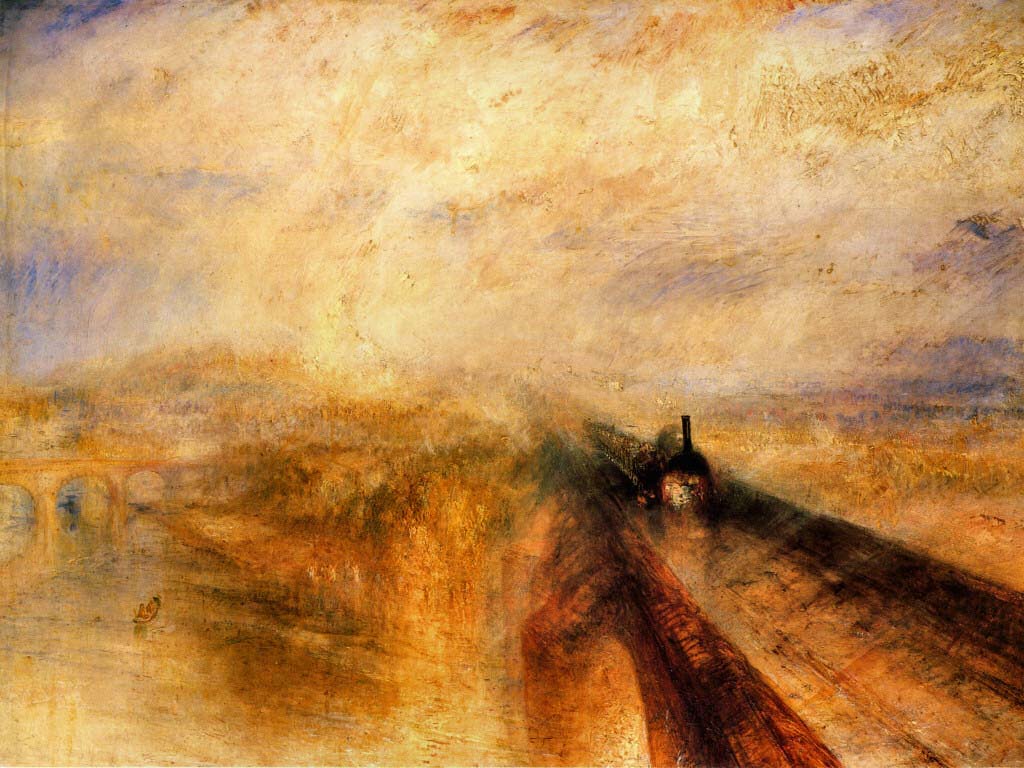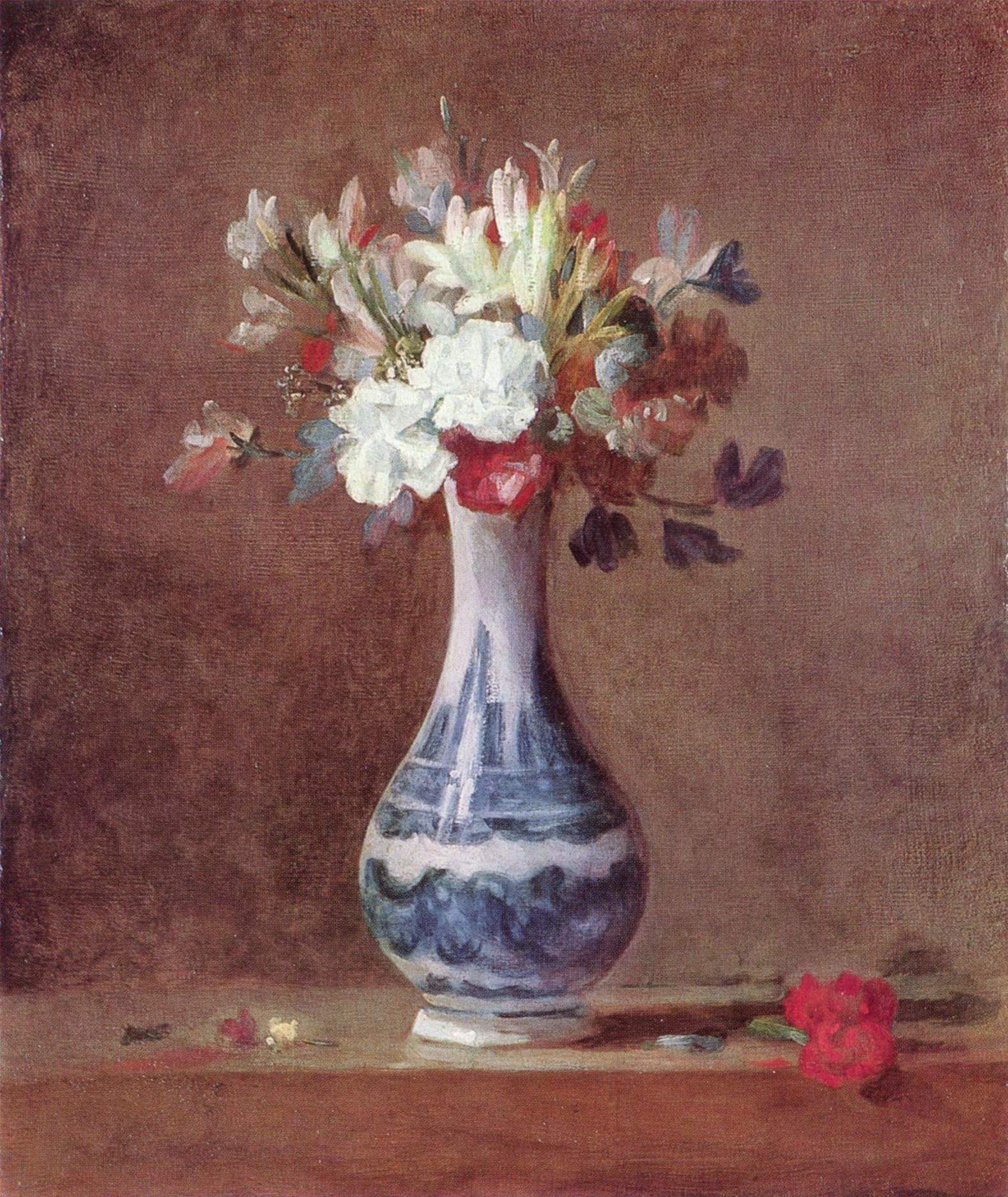More and more I am convinced that Christian witness today requires that followers of Jesus speak with linguistic integrity; and resist by argument and a different rhetoric the lies, half truths, redefinitions, propaganda and semantic erosion of contemporary political and social disourse. A number of key terms, essential for intelligent and constructive political debate have been hijacked by the political far right, and are becoming slogan words of the present Government. Immigrant, increasingly used pejoratively to raise the threat level to 'our way of life', by those we consider 'other'. Welfare, redefined in the now laughably ironic Government pie chart showing the alleged percentage of taxes spent on social care and what used to be called social security. Benefits, a word now heard by many as the first word in the sound bytes benefit cheats and benefit scroungers. Security, often now linked with the word terror, and together providing a rationale for increasing surveillance in our society, intrusion into personal privacy, and suspicion of the stranger, those 'others', who make their homes around us.
Not for a second am I saying that there are no cases of illegal immigration, welfare tourism, benefit fraud, and security threat. It is how these realities are exploited to justify policies and attitudes that, if they continue unchecked, inevitably become deeply corrosive of the common good, toxic for public discourse, and dangerous in creating social attitudes and dispositions which are founded on suspicion not trust, and ruthless regulation rather than responsible discretion. By the way these qwords are being used by politicians, we are educating our society into mistrust of the stranger, resentment of the vulnerable, and fear of social change, cultural newness and human diversity. These three processes are essentials for thebhealth of a humane and open society in which people can flourish.
Of course it may be that there are some sections of our population who think the time for a humane and open society is not now, if ever. Conservatism isn't only a political party As a worldview, often unacknowledged, it can also be a determined protection of the status quo, a holding on to what serves our personal interests, a refusal to move in new directions even if the alternative is standing still. But human flourishing, like much else in this wonderful world, presupposes growth, fruitfulness, new seeds of possibility, the risk of the seed dying and the hope of it propagating and bearing fruit tenfold, and a hundredfold.
Which brings me back to an ethic of language, and the possibility of Christian witness as the redeeming of words, the reclaiming of a vocabulary that implies generosity to the stranger, compassion to the vulnerable, and responsibility towards the poor. Such redemptive language will have to be to the point, in the face of plain-talking nastiness, confronting and denying the discourse of fear, resentment and injustice. What do Christians do about UKIP? At the very least, speak defiance of the propaganda that seeks to persuade us that narrow-minded nastiness is nothing of the sort but is understandable impatience with those who are making mugs of us all. I beg to differ. No, I don't beg! Indeed I insist, loudly and persistently, to differentiate between the discourse of deceit and scapegoat explanations, and the discourse of truthful words and friendly welcome. UKIP stands behind narrow-minded nastiness, the politics of resentment, rejection and division. The popular appeal at the ballot box of its 'plain language' diagnoses of what is wrong with our society and how it can be put right by its policies, is clear evidence that eventually regular irrigation of peoples fears and worries and resentments produces bitter fruit. Water the seeds of malign discontent and don't be surprised at the height or toxicity of giant hogweed.
In the old KJV translation, "Let your speech be always with grace, seasoned with salt, that ye may know how ye ought to answer everyone." The immediacy of communication through social media makes it possible to disseminate and multiply words in ways unprecedented in our history. Not for nothing did Jesus liken his disciples to salt, whose influence for good, in healing, sterilising and fertilising, is out of all proportion to quantity. Jesus also said every word will have to be weighed and accounted for some day.
When that day comes I for one hope that some of the most weighty words I have spoken, have been words of contradiction, spoken in the face of those whose view of the world has no space for redemption, forgiveness, compassion, hospitality, love, hope, peace….goodness, once you start to list them, an entire lexicon of ethically enhanced words are missing from the UKIP manifesto. Some semantic replacement therapy is needed in the political discourse of our country, and Christians have nothing better to do than start speaking these words. I mean it. These are the words that challenge precisely and prophetically, the attitudes, policies and ideologies of closure, exclusion, alienation and isolation. Redemption, forgiveness, compassion, hospitality, love, hope, peace, justice, goodness. Speak them. Live them. Be them.






